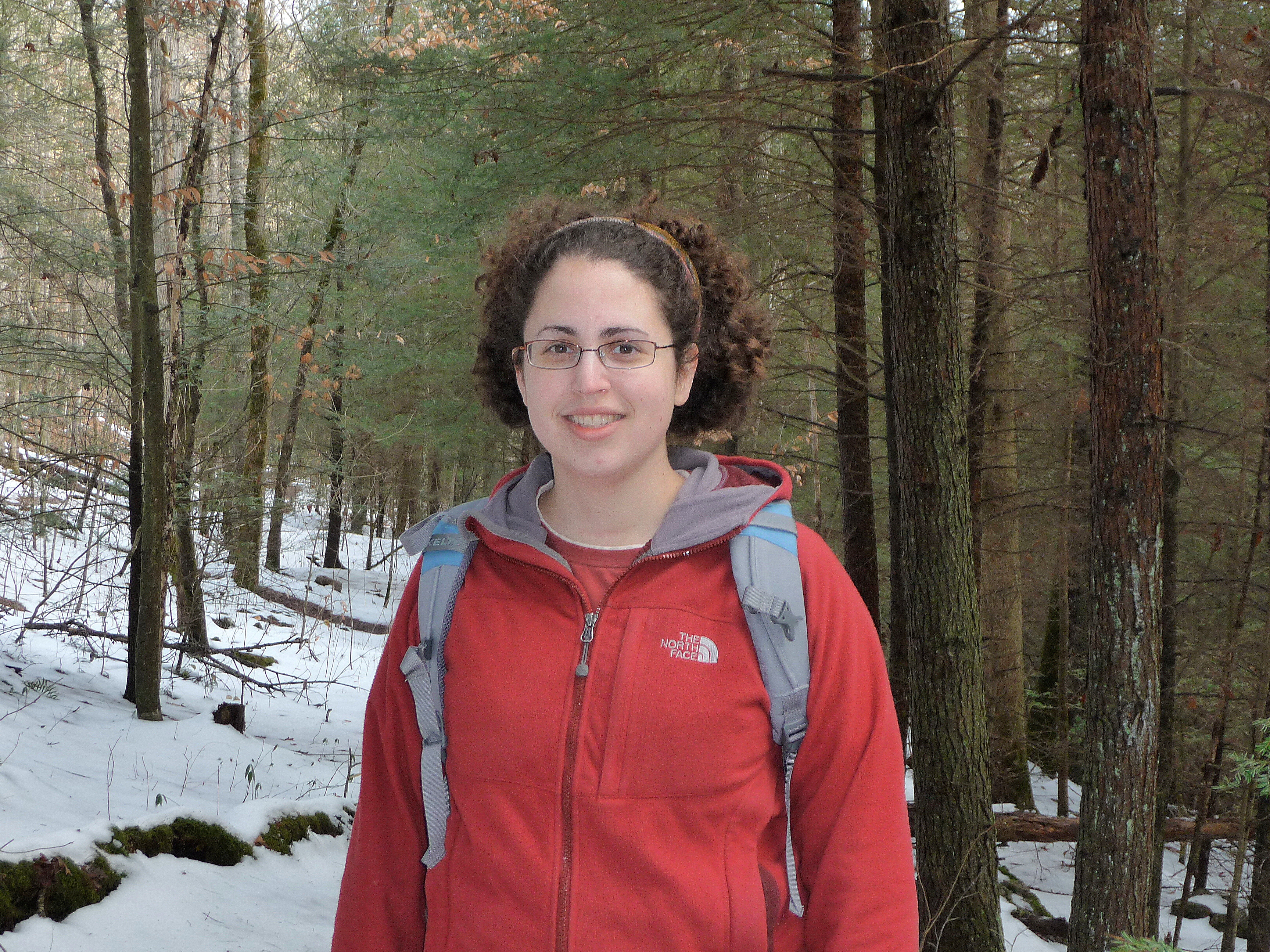I know it is a bit cliché to talk about thanksgiving and thankfulness, so please bear with me. I would like to introduce a unique way to cultivate thankfulness through the Buddhist practice of Metta (meaning lovingkindness). Metta is just a desire that others be happy and free from suffering. We recognize that everyone seeks happiness, but it can be challenging to find. Life is hard. Even people you really dislike experience this same essence of being human. When you wish others well, whether out loud or in your head, you are cultivating Metta. There is, however, a more concrete practice to cultivate Metta: Lovingkindness Meditation. Over the years, meditators in the Buddhist tradition have developed a structured meditation with 5 stages. Just because there is an ancient meditation tradition to pull from doesn’t mean we can’t get creative.
First, I’ll give a quick overview of traditional Lovingkindness Meditation. Check out this detailed guide to Lovingkindness Mediation if you would like to practice it yourself. Basically, it is a practice where you remember that everyone wants the same things and from this basis, you wish a number of people (and possibly an animal or two) well. You start with yourself, and then move to someone who you naturally have warm, fuzzy feelings towards. That can be your best friend, pet, lover, etc. Then you do a neutral person. This would be someone you run into and may chat briefly with but don’t really know anything about. Good examples are the bus driver, neighbor you don’t really know, or the cashier you recognize from the store. In the next stage you wish someone who frustrates you well. And then you conclude with wishing everyone you just thought about, including yourself, well.
Now for the Thanksgiving Twist… I apologize if this is too New Age for you, but it is a nice exercise.
Food is so central to Thanksgiving. So, as you gather with your loved ones over a bounty of food, consider what it took to get this food to you. Wish all the people and animals involved well. Set aside a few minutes. Sit somewhere relatively quiet (if possible) and close your eyes.
First, think about your favorite Thanksgiving foods. Imagine the smells, tastes and textures. Visualize your loved ones sharing it with you. Now pick just one food. Consider the chain by which it arrived on your table. Start at the beginning. Was it grown on a field, or raised on a farm (or factory farm)? Thank the farmer for devoting his/her life to making this food available to you. Think of the workers involved in growing or raising the food. Think of the back-breaking work they do everyday. Think of the low pay they may receive. Thank them all and wish them well. Here you can silently drop lines like, “May you be well, may you be happy, may you be free from suffering.” If the food you are thinking of is an animal or animal product, think of the animal involved. Imagine what it is like to be that animal. If the food you are imagining is meat, think about how it might be to give your life for others. Thank the animal and wish them well. If they are no longer living, wish other animals like it well.
Now think about what was involved in the processing and packaging of the food. Think about the workers (or it still may be the farmer) who had to take the steps to make that food palatable to you. Or at least ready for your kitchen. Thank them and wish them well. Now think about the workers involved in transporting and selling you the food. If your food is from a local farm, this may still be the farmer. Or it may be a truck driver and grocery store employee. Think about what it would be like to drive a truck or work in a grocery store. Think about the food workers who are not paid sufficiently for their work. Thank them and wish them well. Finally, think about what home food-preparation was involved in creating this dish. If you cooked it yourself, thank yourself and wish yourself well. If someone else cooked it, imagine the work that was put into it. Thank them and wish them well. Lastly, think of those who do not have the plentiful food that you have. They might be across the world, but unknown to you, they might be your neighbors or child’s playmate. Wish them well.
Now you can open your eyes and dig in!
Finally, I must give credit to my meditation teacher, Bodhipaksa. The link I included to the Lovingkindness Meditation guide is from his fabulous website, Wildmind.org. Wildmind is an amazing resource for everything meditation, if you’re interested in more.
Wishing you a wonderful Thanksgiving.

Ilana Barach is an AmeriCorps VISTA with the Presbyterian Hunger Program. She is working in Indianapolis on projects that promote access to healthy, local food. When she’s not at work, you might find her in the kitchen, cooking soup, in a yoga pose, or curled up with a book.